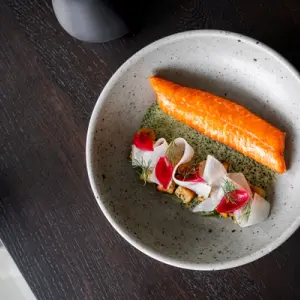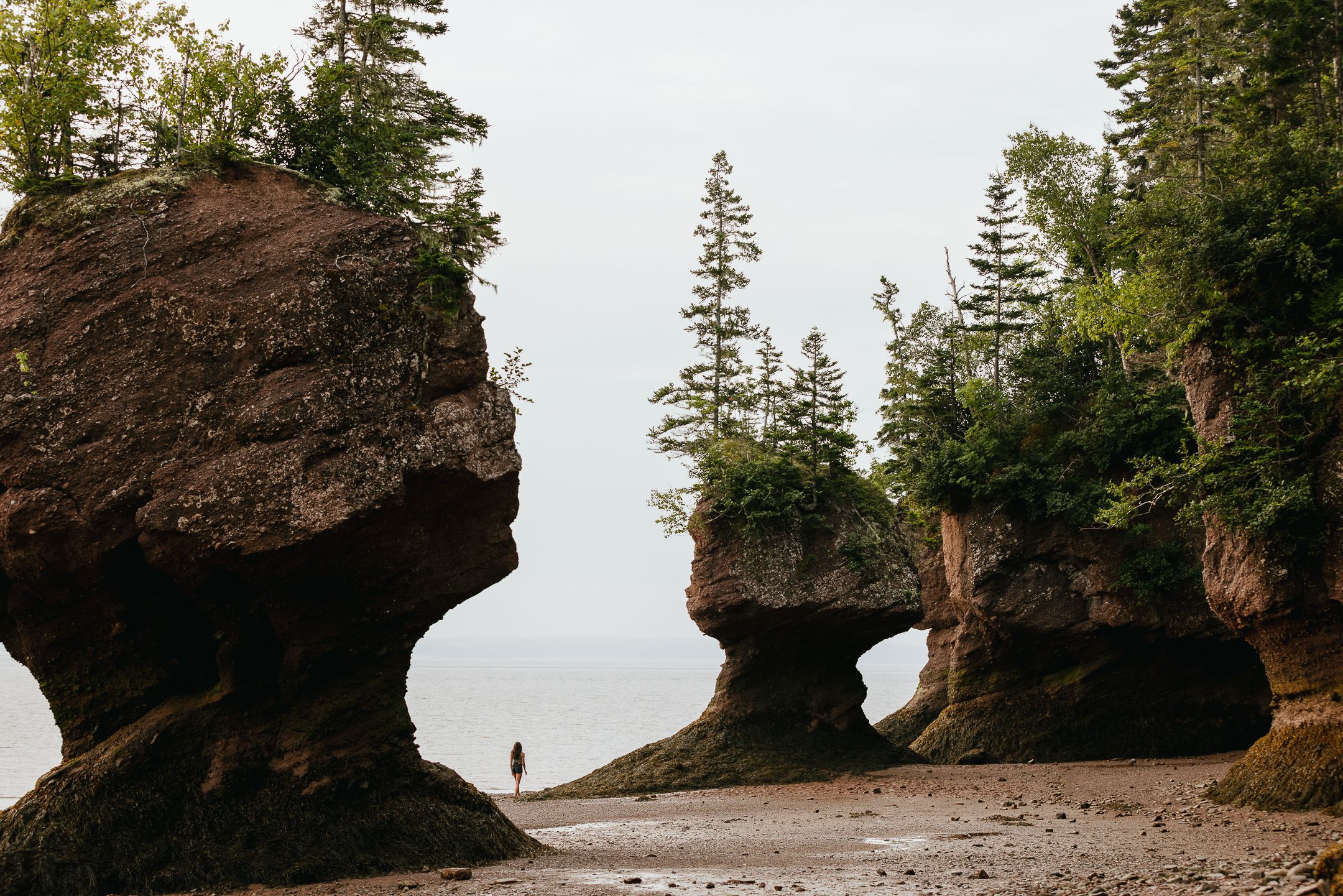
A journey through New Brunswick to explore the living connection between people, land, and traditions that have endured for thousands of years, offering a window into the strength and spirituality of the Mi'kmaq culture.
Share
This content is presented in partnership with Destination Indigenous. The people, activities and locations described were experienced in person by a Go Canada team and the words and pictures below reflect our authentic experiences on the ground in New Brunswick.
The Mi'kmaq culture in New Brunswick is a living, breathing connection between people and the land, thriving with an extraordinary balance of spirituality and ecology. For thousands of years, this coastal Indigenous community has maintained traditions that pulse through every aspect of life. The steady rhythm of the drum—central to their gatherings—echoes the heartbeat of the earth itself, uniting past and present with ancestral pride. Mi'kmaq artistry, whether crafting birchbark canoes or intricate quillwork, reflects a harmonious relationship with nature. Every piece is more than a craft; it's a reverent tribute to the resources they rely on. Smudging ceremonies with sacred herbs like sweetgrass offer profound moments of spiritual cleansing, connecting participants to both the land and their ancestors. Oral storytelling remains the cornerstone of Mi'kmaq culture, with legends of Glooscap, the great protector and shaper of the land, passed down to preserve ancient wisdom and guide future generations.
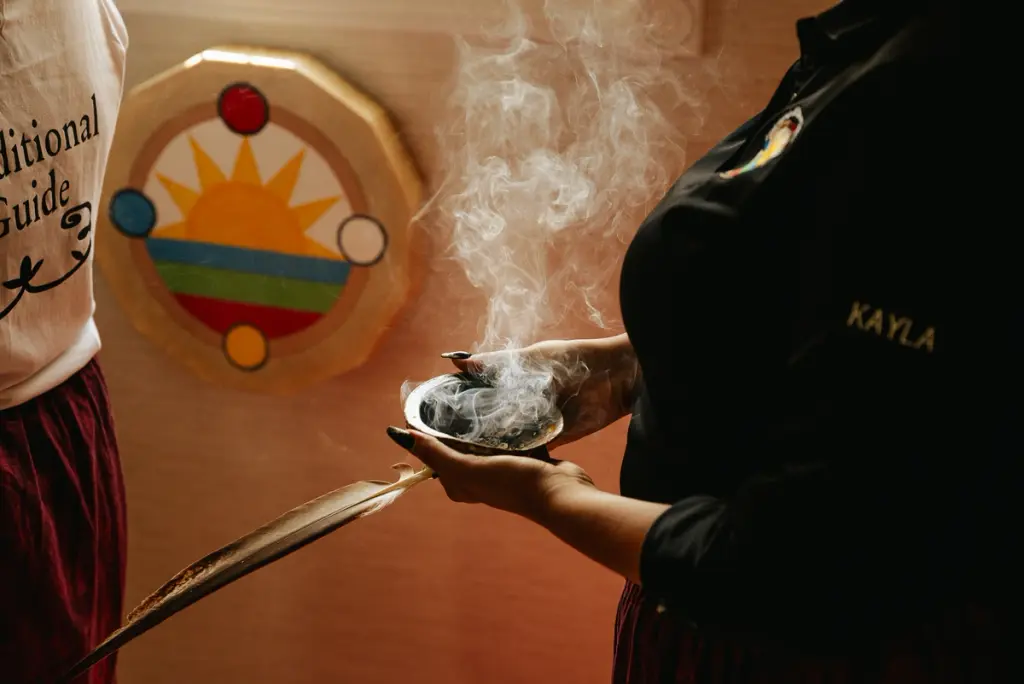
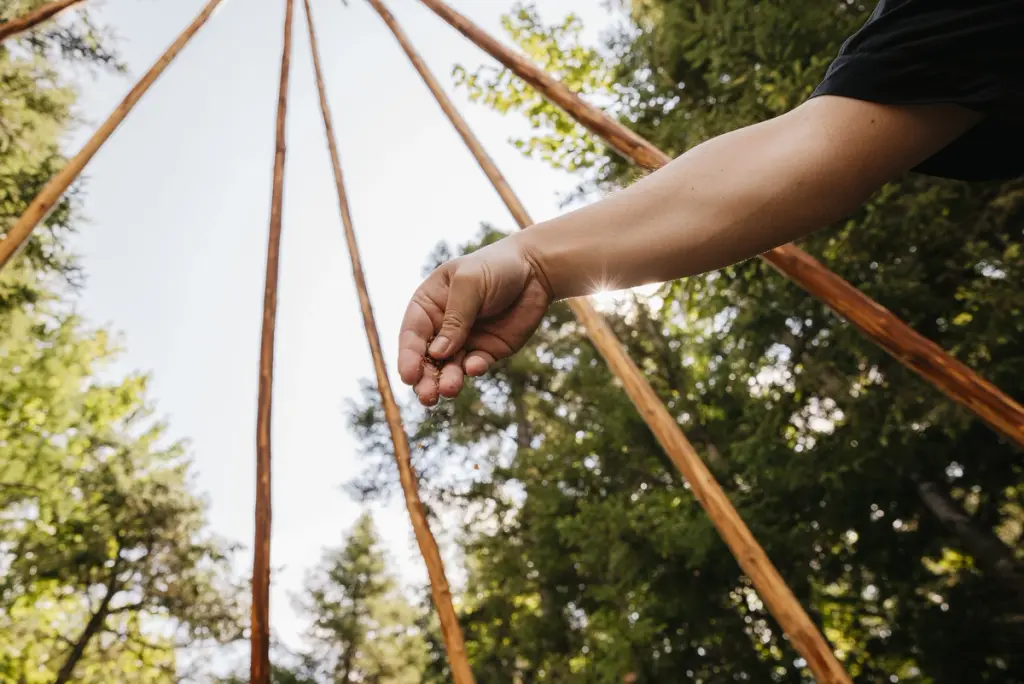
Despite centuries of colonial impact, the Mi'kmaq have not only preserved their language, customs, and identity but have also found powerful avenues for cultural revitalization. One of the most impactful ways they do this is through authentic Indigenous tourism, offering visitors an immersive, respectful journey into Mi'kmaq traditions. Eager to explore Mi’kma’ki, the traditional territory of the Mi'kmaq, we began our adventure in Elsipogtog First Nation, a vibrant cultural heartland nestled along the Richibucto River. Upon arrival, we immediately sensed the deep connection between the community and their land, as if the landscape itself held stories of the past.
Our journey started with the renowned Heritage Path Tour at the Elsipogtog Cultural Center, where local Mi'kmaq guides led us through a serene forest trail that seemed to whisper ancient wisdom with every step. Along the way, they shared invaluable knowledge about the medicinal uses of plants and traditional hunting techniques, all of which underscored the Mi'kmaq's profound respect for nature. The tour felt like much more than a walk—it was a spiritual and cultural passage, a journey through time that offered rare insights into the Mi'kmaq way of life. It was an experience that left us with a deep appreciation for their heritage and the enduring strength of their traditions.
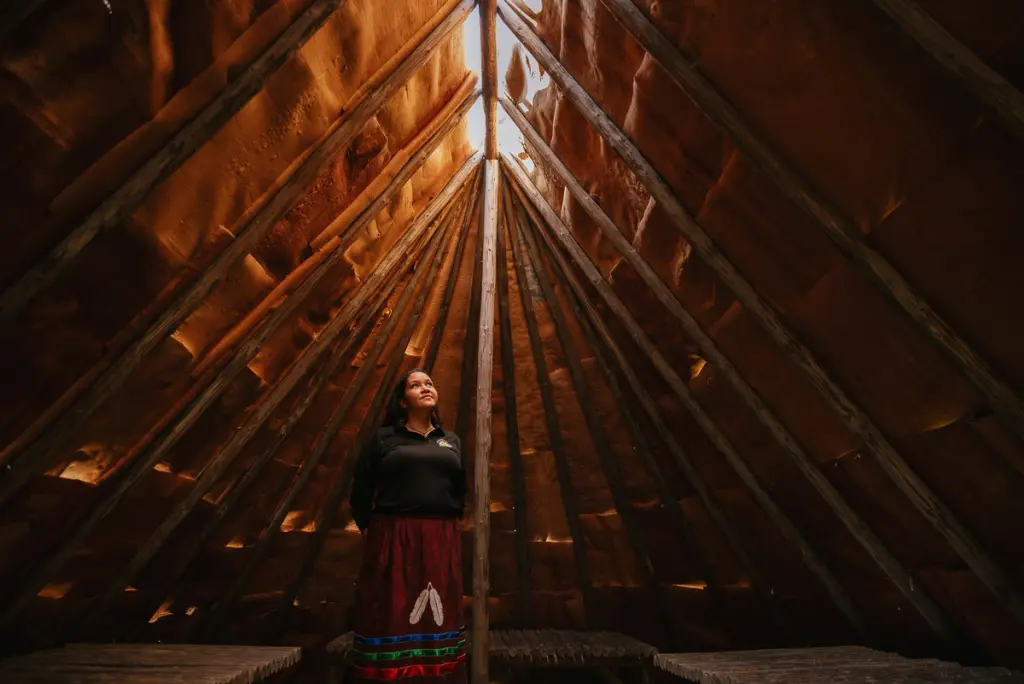
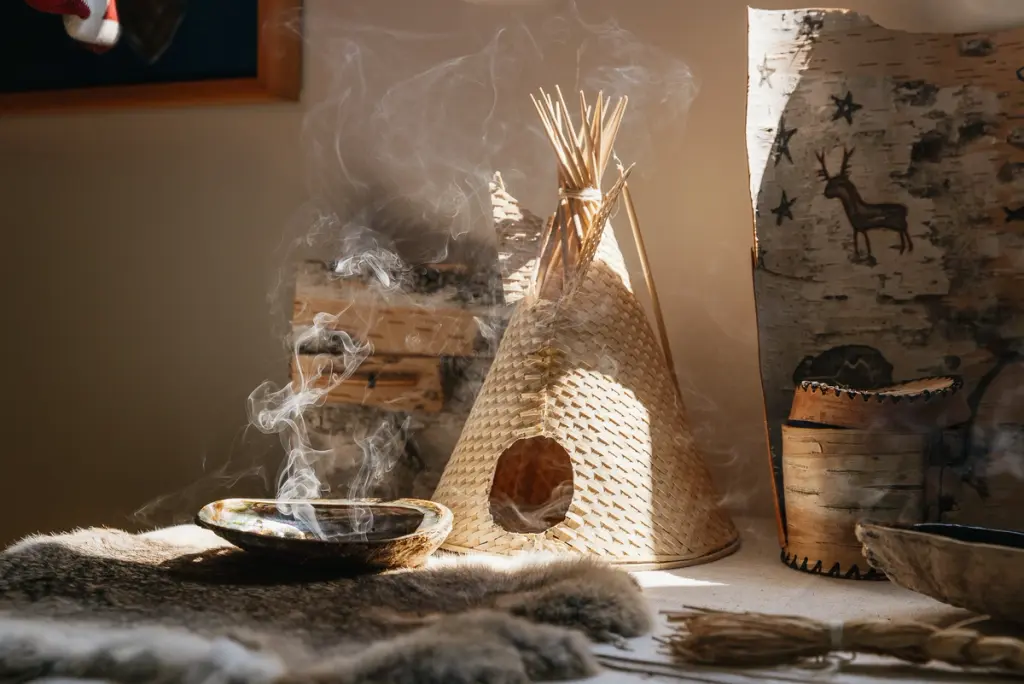
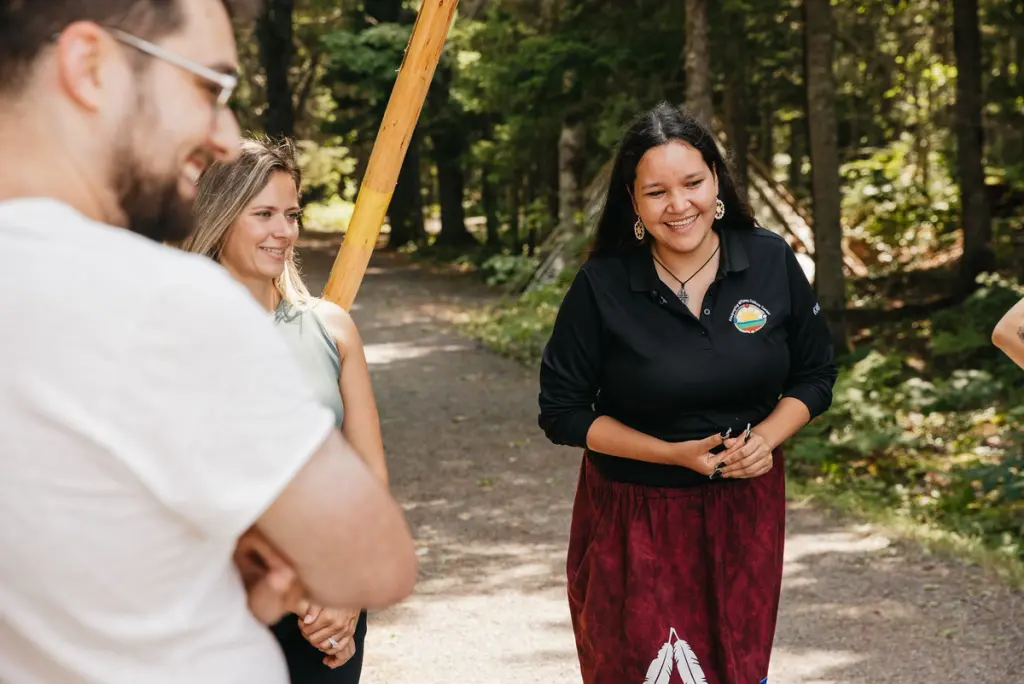
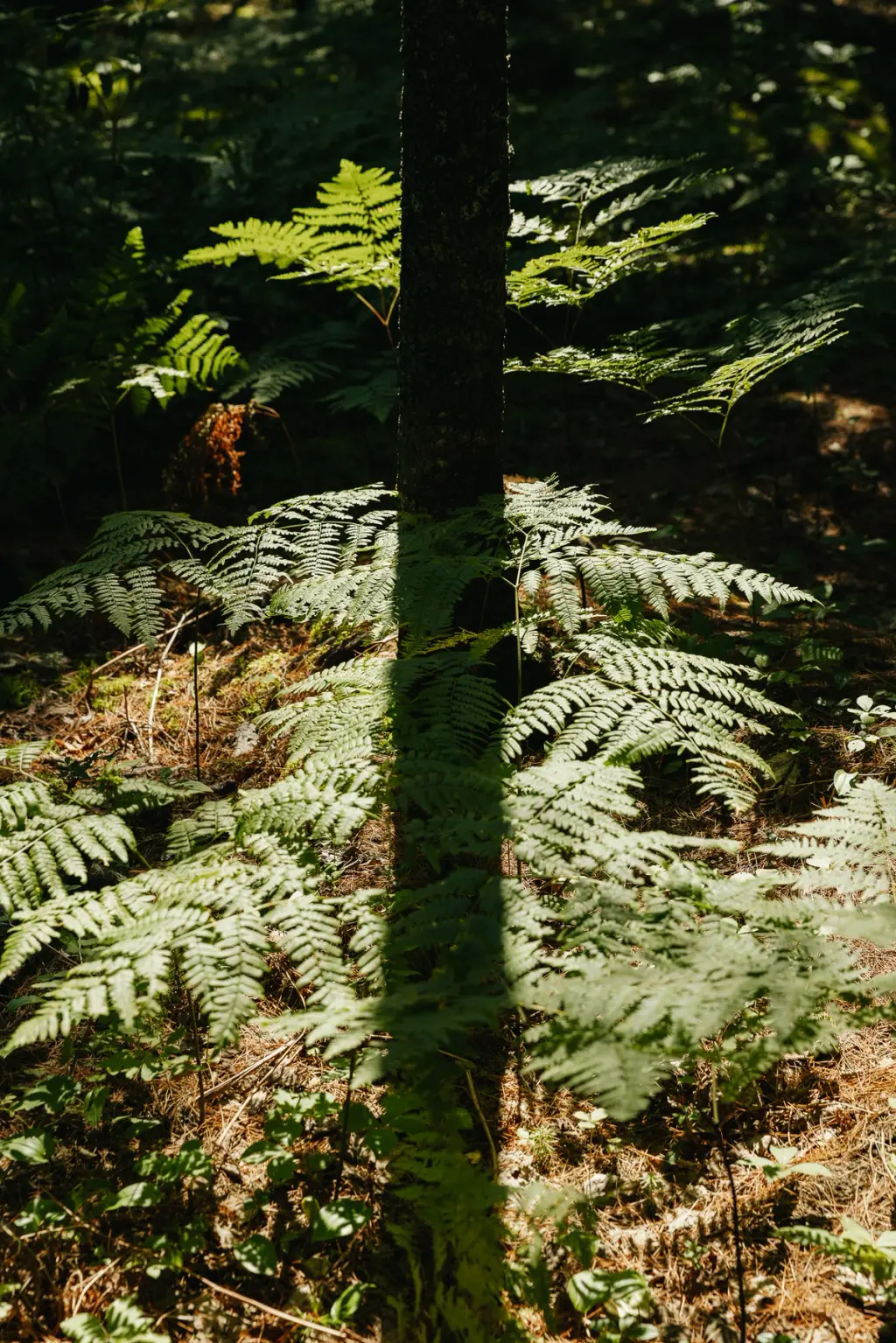
After a meaningful start to our Indigenous Atlantic itinerary, we set out for Saint John, New Brunswick, making some breathtaking stops along the way. Our day began at sunrise with a visit to Hopewell Rocks Provincial Park, known not only for its stunning rock formations but also for its deep cultural significance to the Mi'kmaq people, who have called the Bay of Fundy home for centuries. Hopewell Rocks Provincial Park is known as Unama'ki, a place rich in Indigenous history. Unama'ki, meaning "Land of Fog," is one of the seven traditional districts of Mi'kma'ki, and its rugged coastlines and dense forests tell the story of the Mi'kmaq’s deep, ancestral ties to the land.
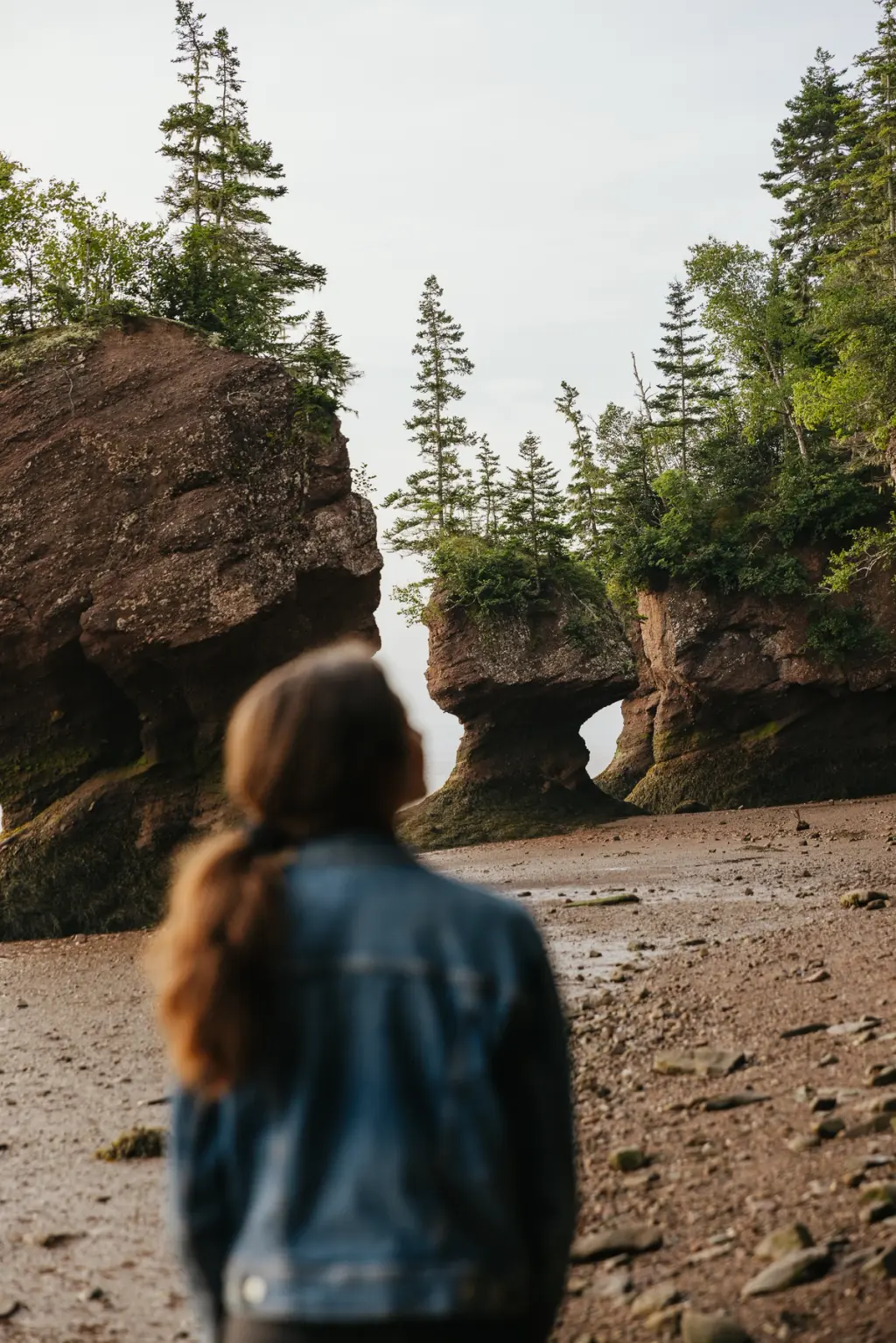
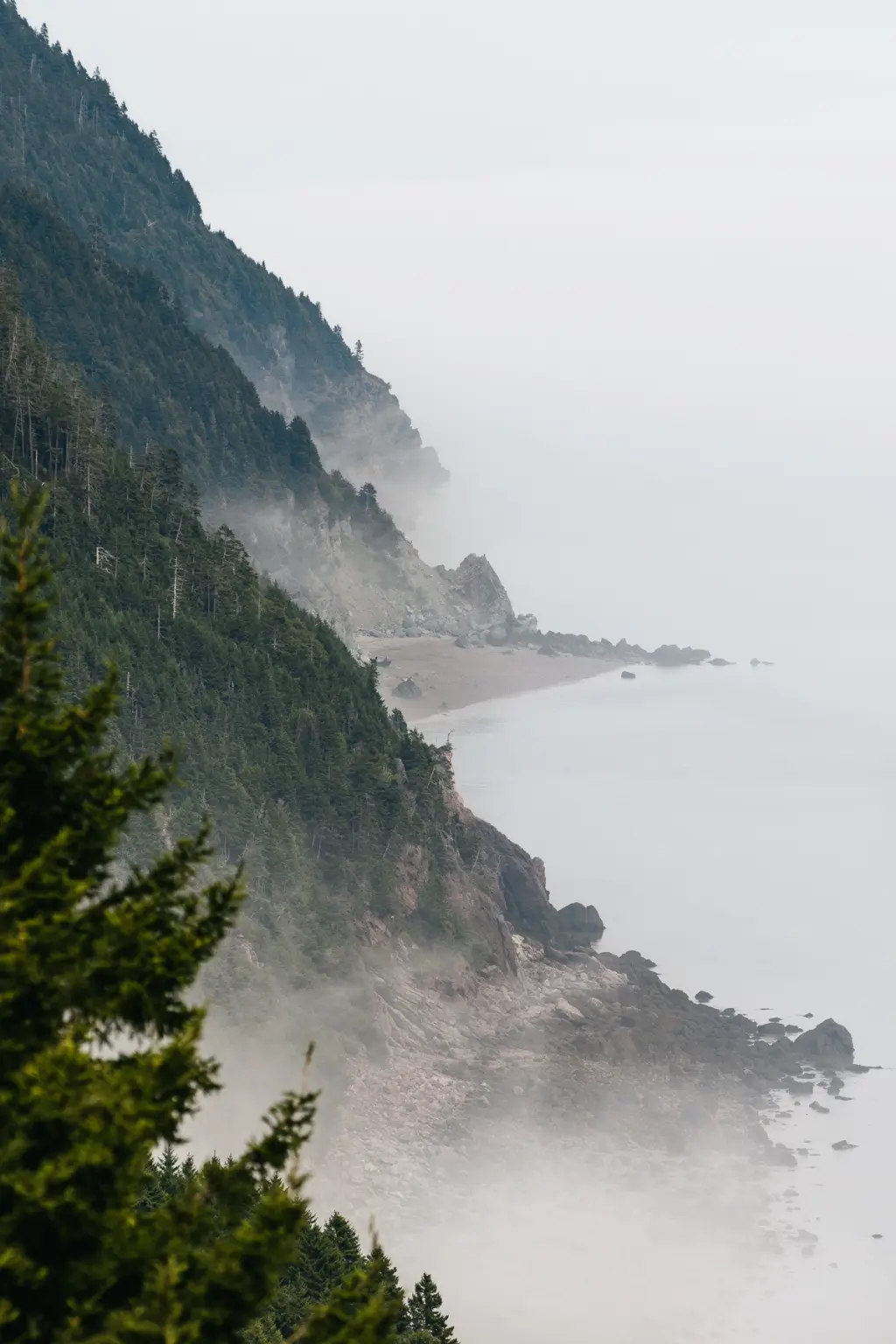
Next, we ventured to Fundy National Park, where the Mi'kmaq and Wolastoqiyik peoples have historically hunted, fished, and gathered, with efforts now being made to incorporate their perspectives into park management. Our journey continued along the spectacular Fundy Trail Parkway we stopped to explore the St. Martins Sea Caves, another natural wonder shaped by the Bay of Fundy’s powerful tides and a site with strong ties to the Mi'kmaq's traditional use of the land and sea. At each stop, we gained not only scenic views but also a profound understanding of the enduring connection between Indigenous communities and these lands.
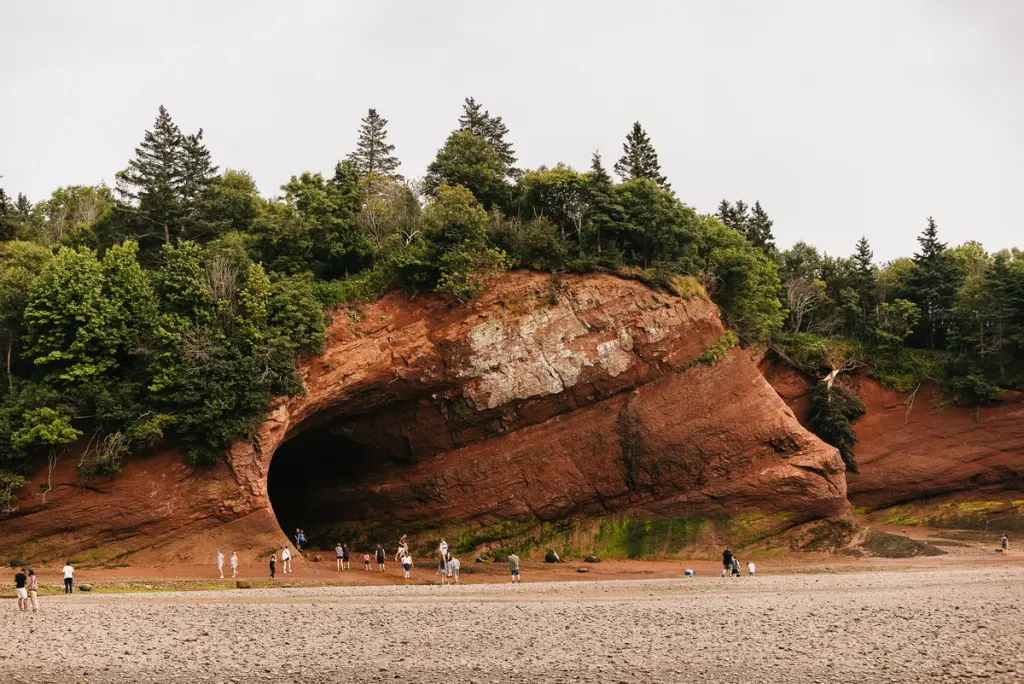
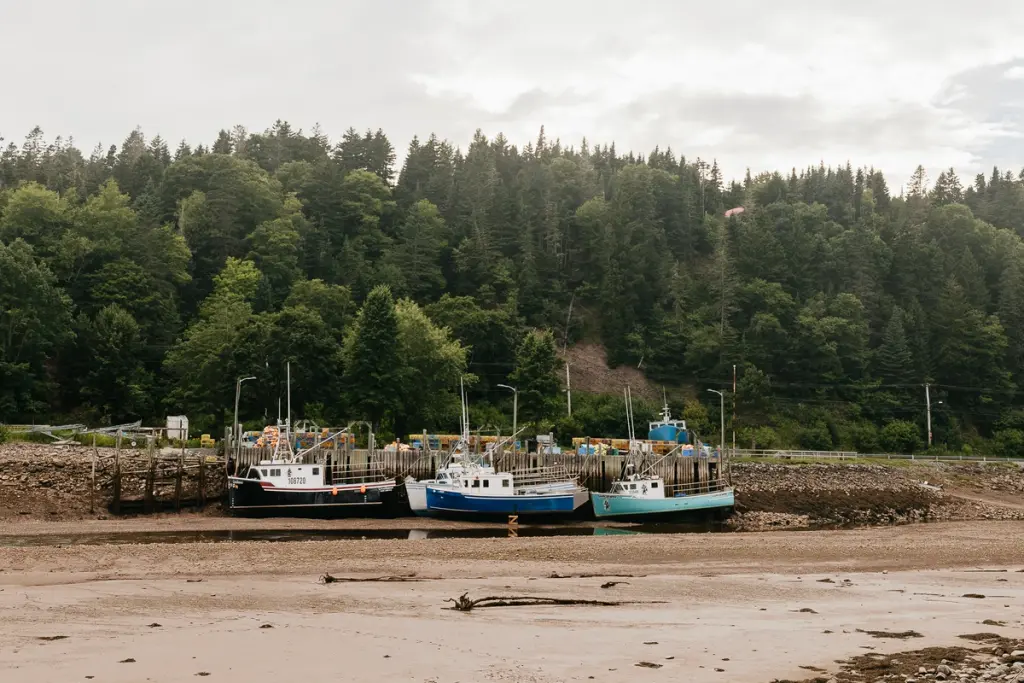
After this awe-inspiring drive, we arrived in Saint John and met Dave Smith, the general manager and storyteller at First Nations Storytellers. A member of the Metepenagiag Mi'kmaq Nation, Dave shared his unique experience growing up outside the First Nations community due to the Sixties Scoop. This background gave him a "two-eyed seeing" perspective, blending Indigenous and Western worldviews, which enriched his storytelling.
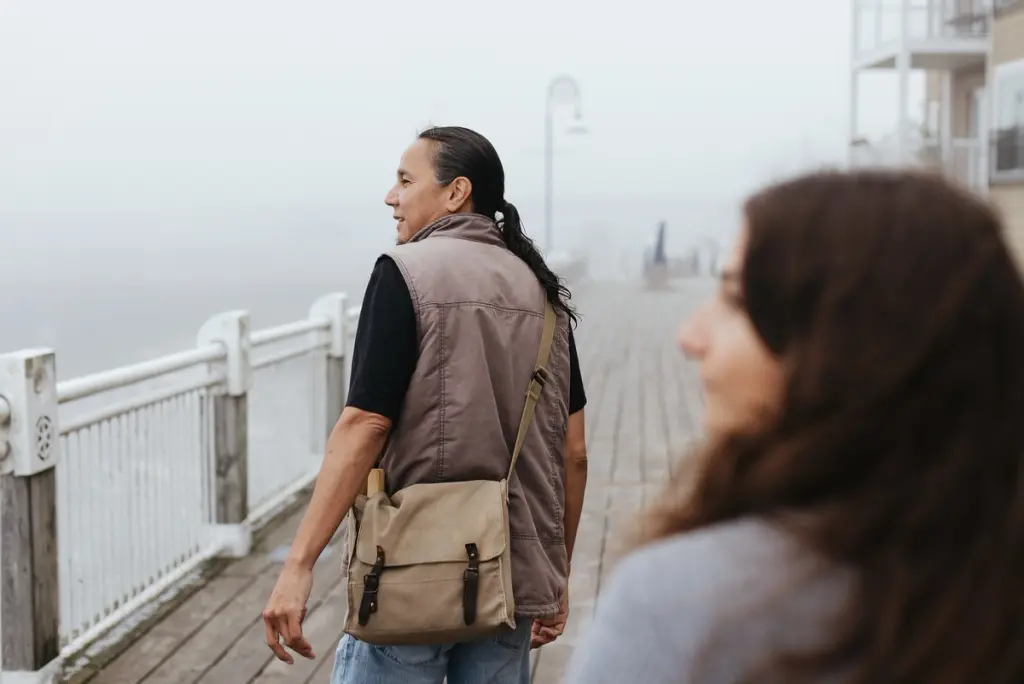
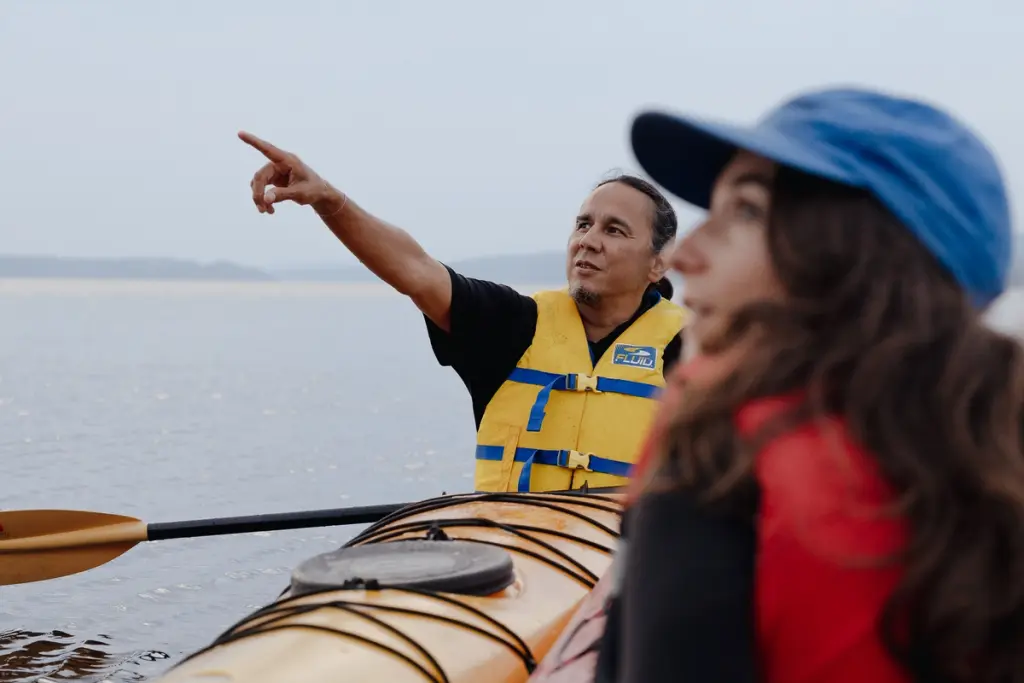
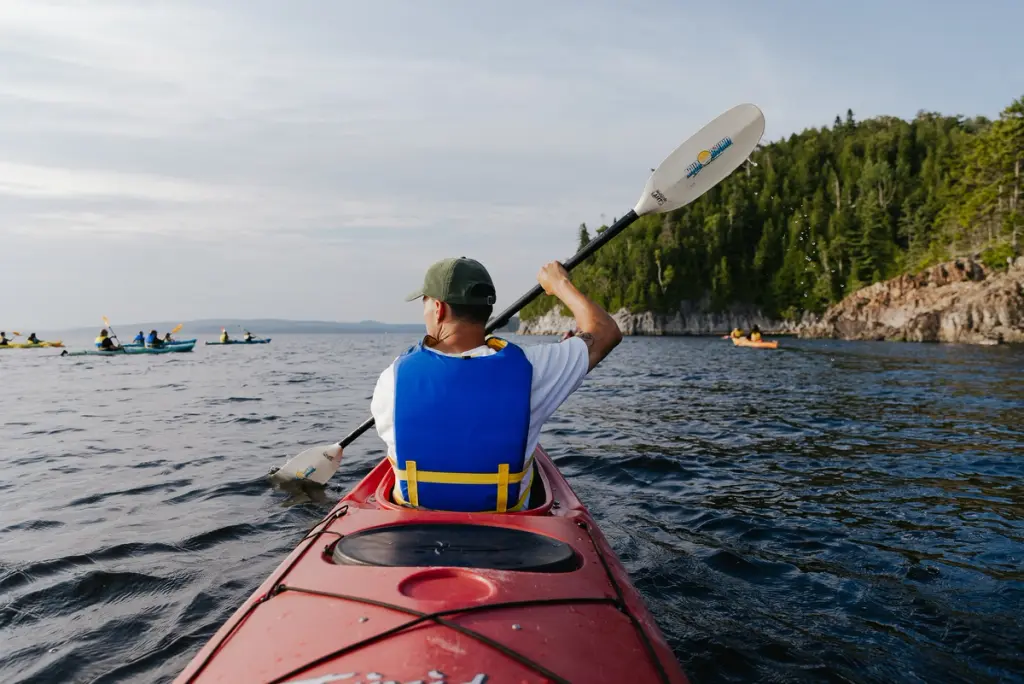
Dave led us on a 90-minute walking tour along the Wolastoq (Saint John River) harbor. His storytelling brought the local Wolastoqi and Mi'kmaq history to life as we walked over archaeological sites and historic portage routes. We learned about the importance of stewardship, how the Mi'kmaq and Wolastoqi peoples have long respected the land, and how those lessons can inform modern environmental efforts. As evening approached, we transitioned to a sunset paddling tour, launching our kayaks into the serene waters of South Bay. As the sun set, we followed the shoreline to Grand Bay, stopping at a secluded beach for a bonfire where we enjoyed traditional bannock and smoked sturgeon. With the sound of waves and the warmth of the fire, Dave’s stories of heritage and resilience made this experience a perfect blend of tradition, nature, and community.
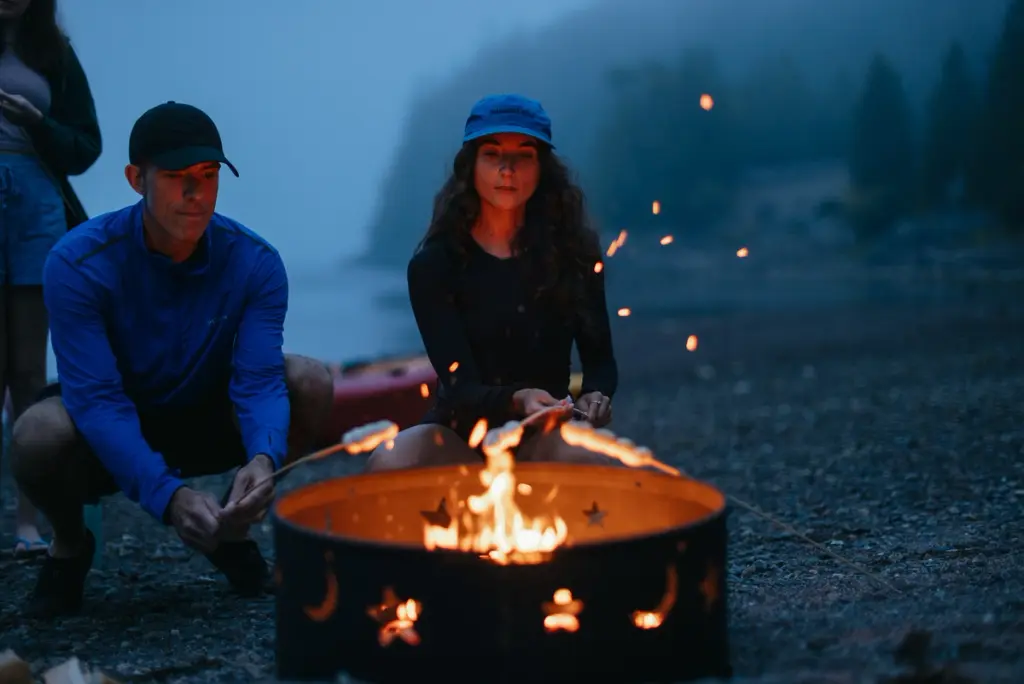
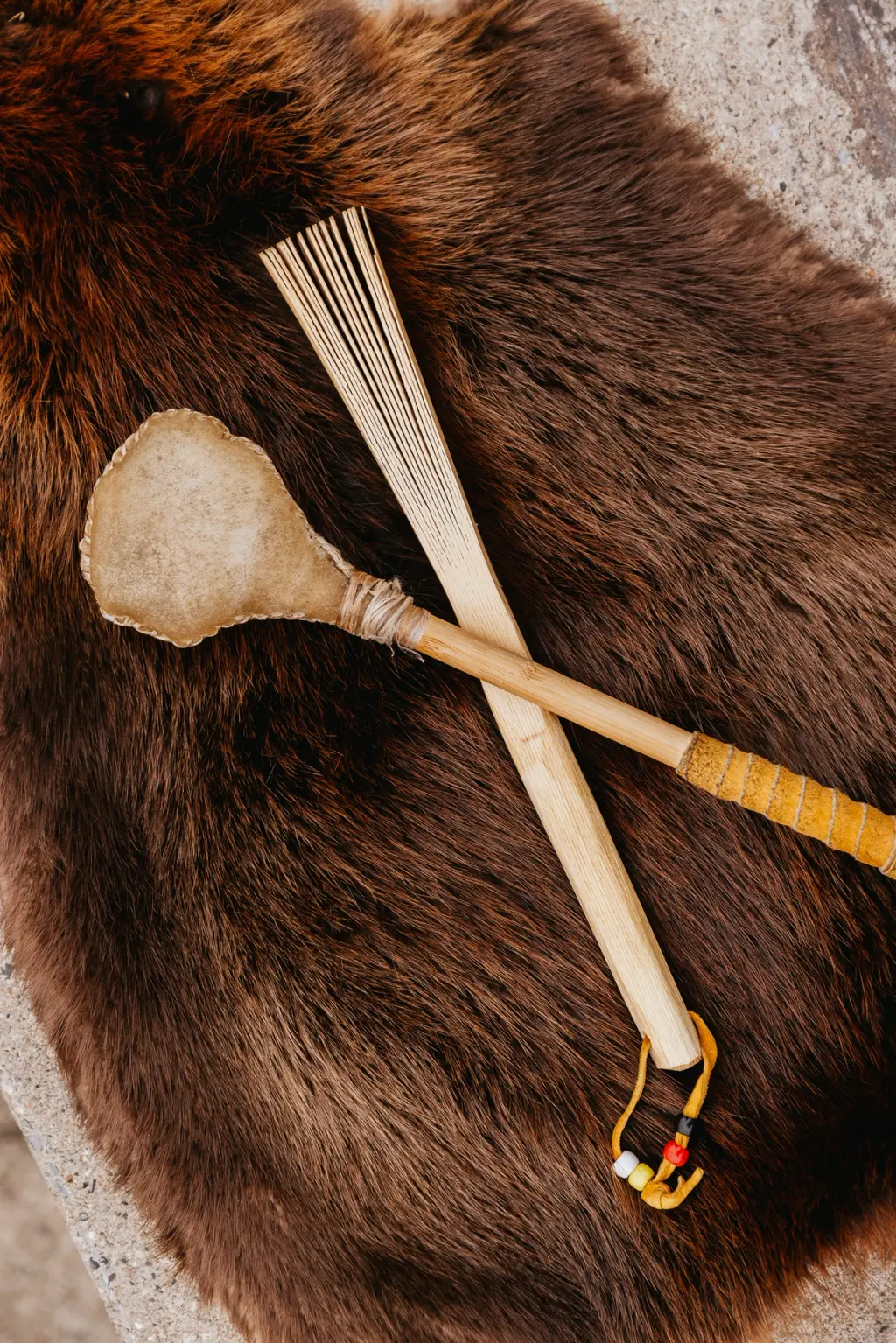
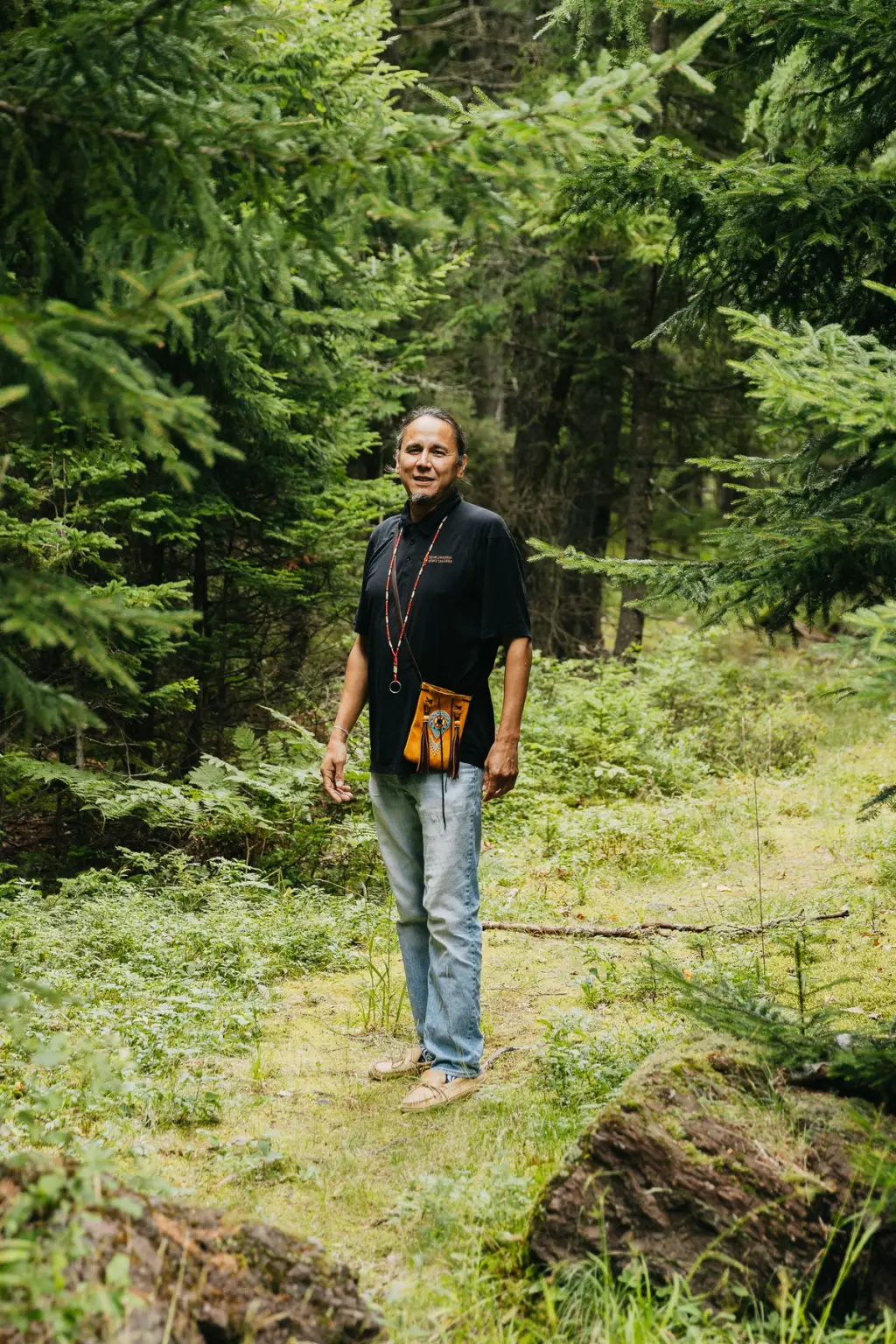

Go Canada Staff
Editorial
Go Canada is a digital travel publication dedicated to being a trusted resource for information and inspiration for those traveling to and within Canada. Our mission is to showcase the very best Canada has to offer while making travel planning and trip preparation enjoyable and easy. Our staff is a diverse group of travel experts, writers, and content creators who are passionate about sharing their knowledge and love for Canada.

